How Russians changed my life: Chiaki from Japan
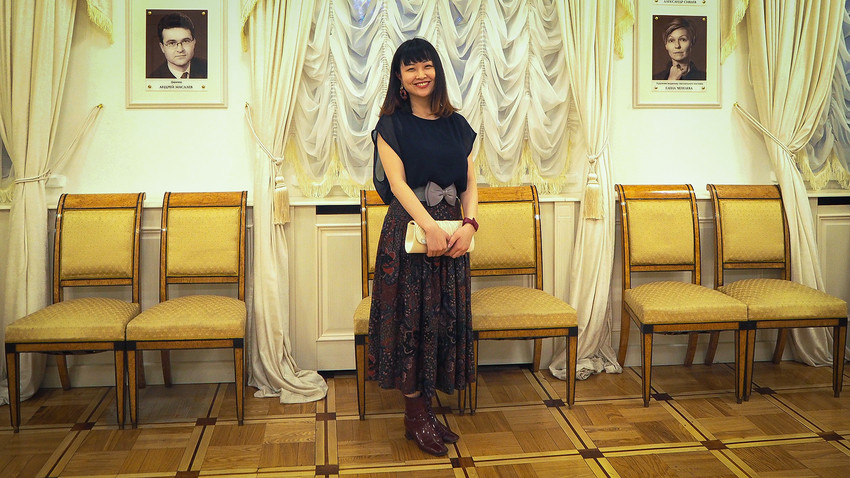
Kind deeds over punctuality
Before my internship in Russia, I had an opportunity to make a homestay in Moscow for just four days. The apartment of my host, Polina, was located in a Moscow suburb and it took about an hour and a half to get to the meeting point of my group. I had to be on time every morning, and Polina always accompanied me
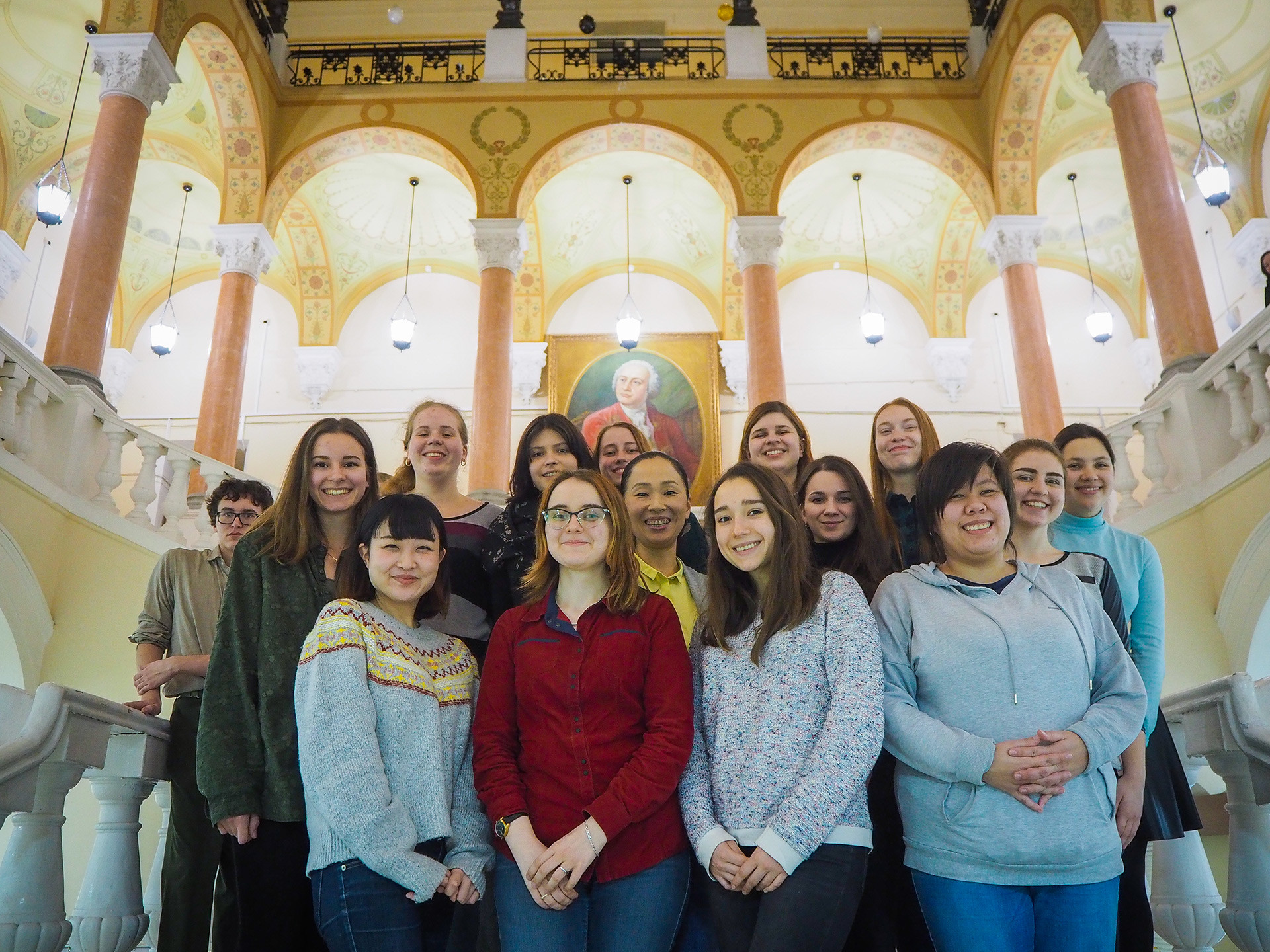
We eventually arrived about 10 minutes late at the meeting point. Polina was familiar with Japanese culture and understood our spirit pretty well, but
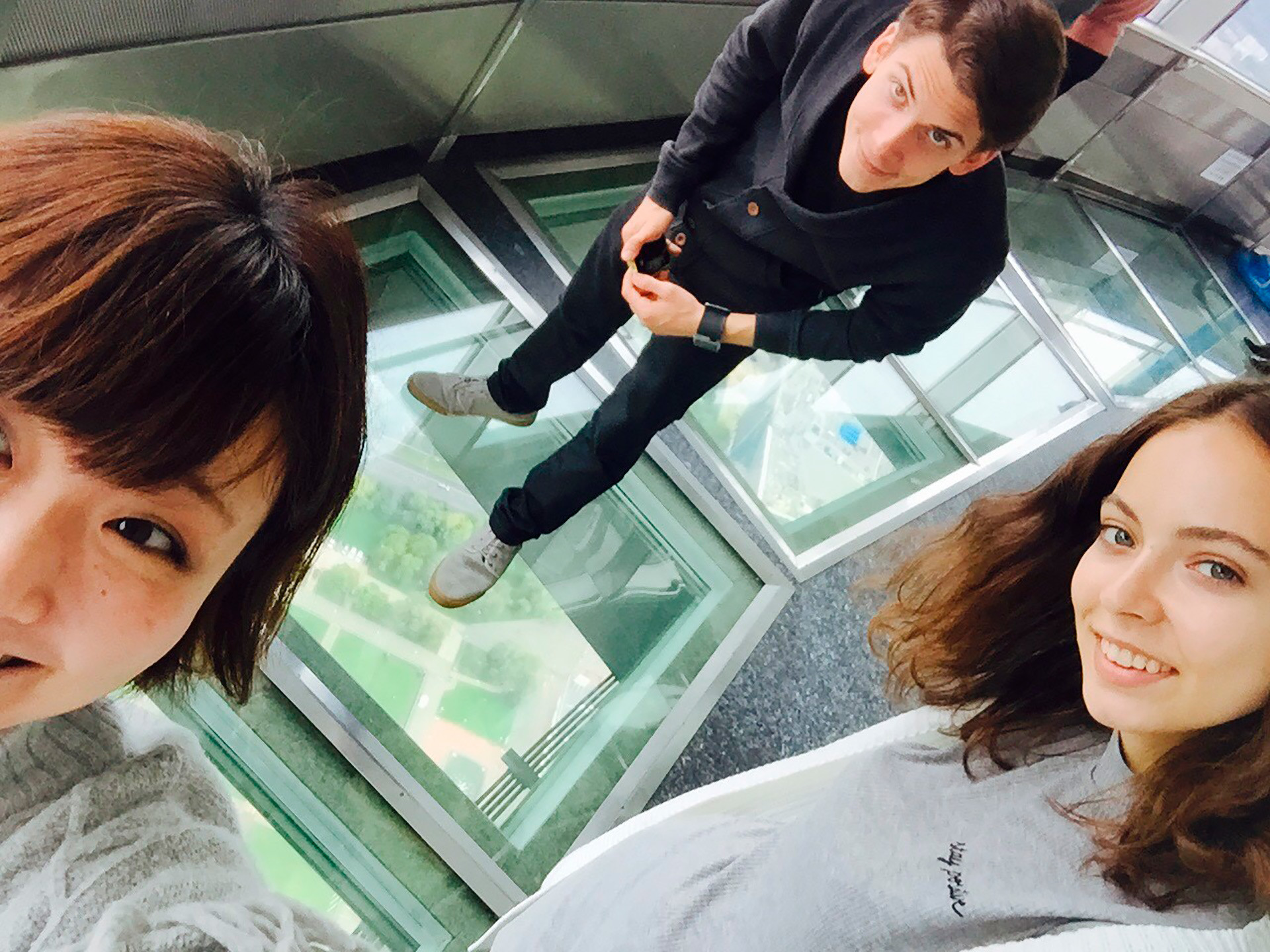
Forget about social status
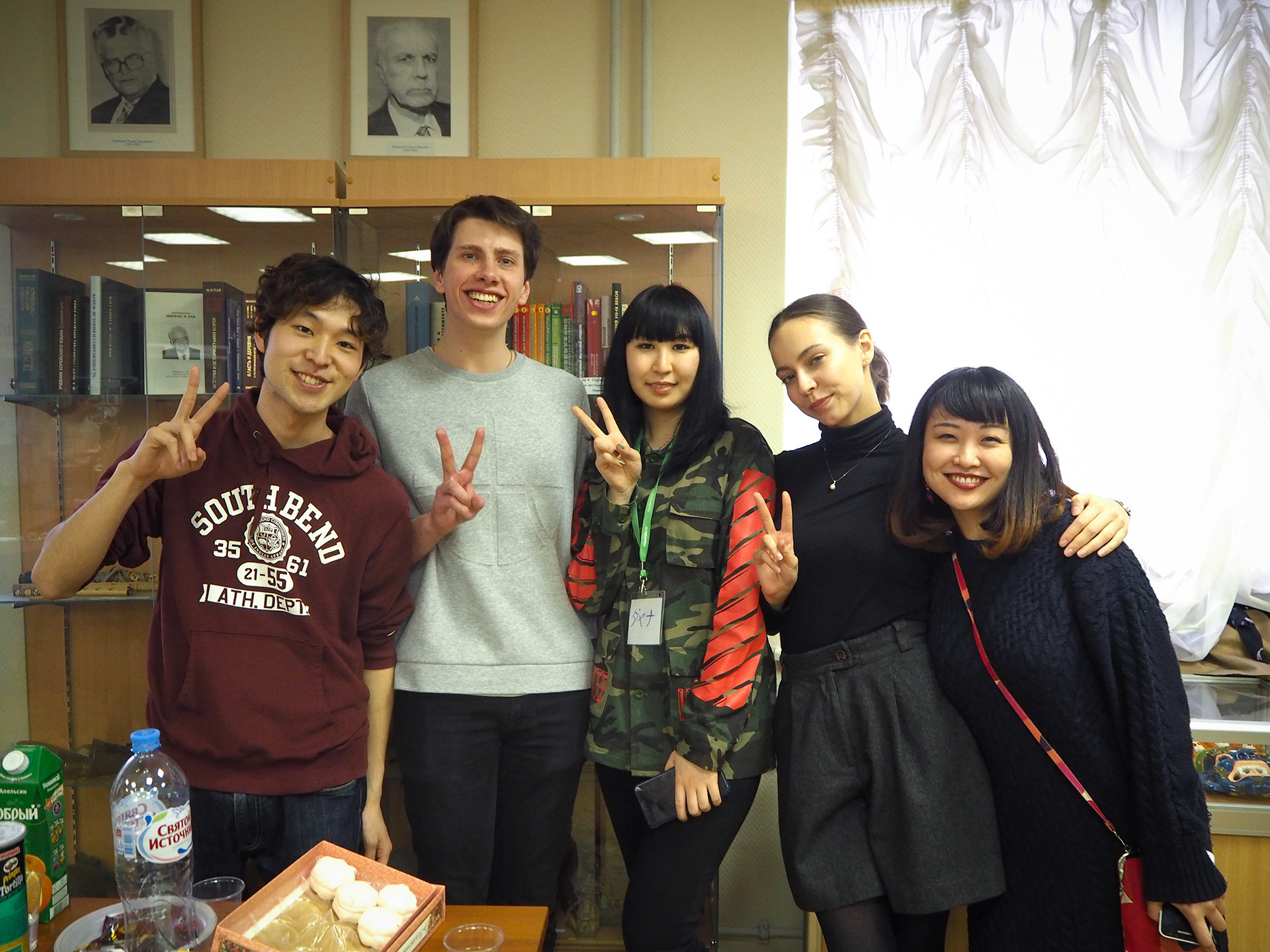
In Russia people don’t mind foreigners. They care about what you are trying to say. Perhaps the reason is for this is the numerous ethnic groups that coexist in the country. Even I was mistaken for a member of staff while shopping in a mall. When I walk down the street in Moscow, people often ask me for directions. When we discuss things in class, Russian students listen to my opinion, even if it’s expressed poorly in Russian, and they are interested in what I have to say.
In Japan, when talking to a foreigner, people usually feel uncomfortable. They change their normal way of talking, may feel anxious, asking themselves: "Should I speak in English?" or "what if we have a miscommunication?" However, when I, a foreigner, met Russians who treated me without any sense of discomfort and spoke normal Russian to me, as they speak to each other, I wasn’t afraid to make mistakes or mispronounce Russian words
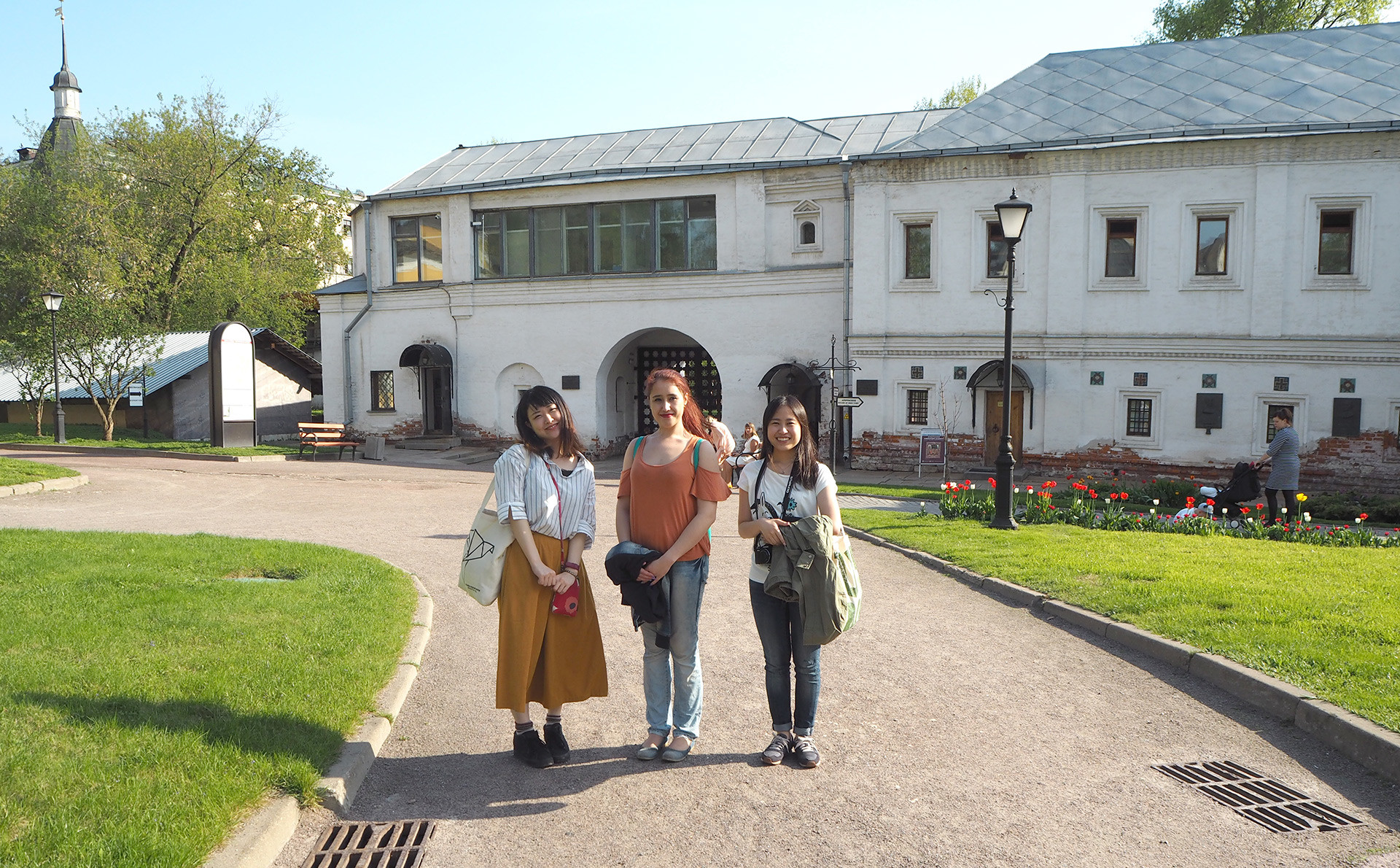
Always ready to help
Japanese people usually feel shy about doing things that will make them stand out in public, but Russians don’t. For example, in the metro, when the doors were closing a lady once rushed into the train and her bag got caught between the doors. While I was thinking whether I should do something, two men immediately opened the doors and rescued the lady’s bag within seconds
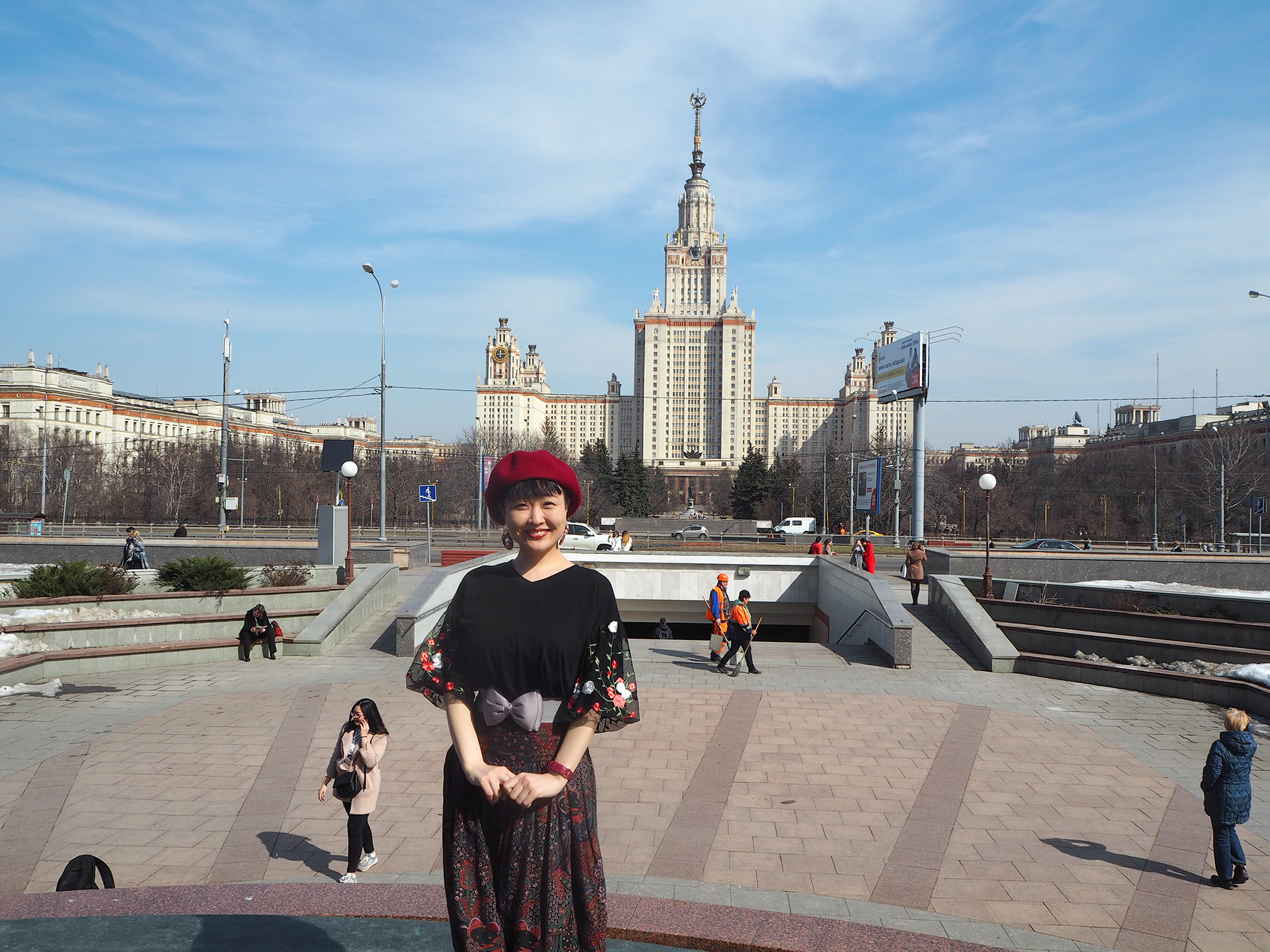
Russia also has a sense of
During the 10
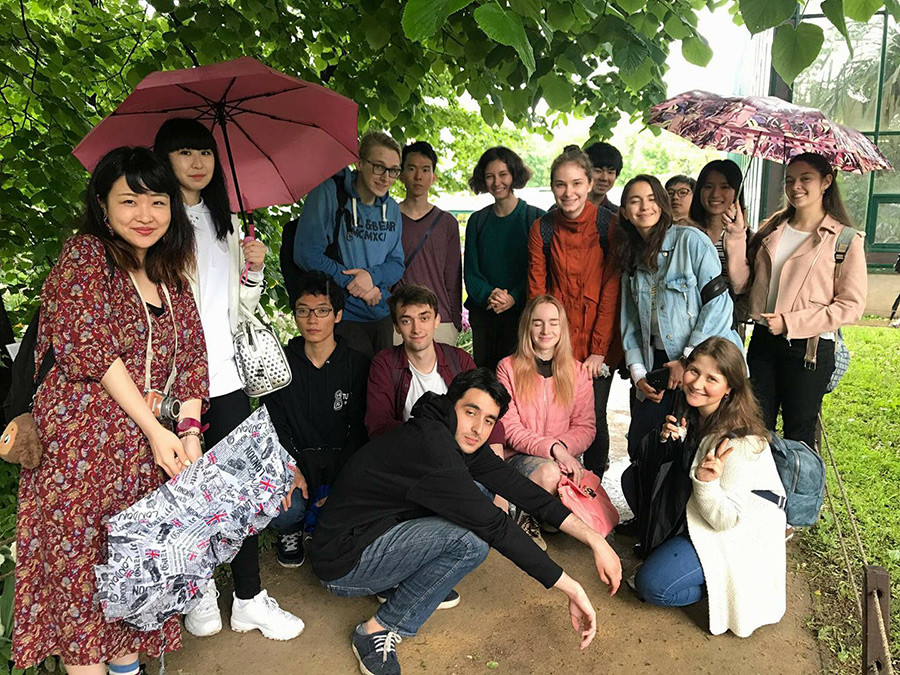
It was autumn when I first came to Moscow. Trees in parks began to turn red, orange, and yellow against the blue sky, it was really beautiful. It was also apple season: My Russian homestay mother made blini with baked apples and apple jam for dinner. Then comes a long, long Russian winter, when the sun may only shine for six minutes a month. A thick cloud covers the entire sky, ice covers the rivers and ponds, and if the snow does not fall, the town becomes dark, the air is heavy.
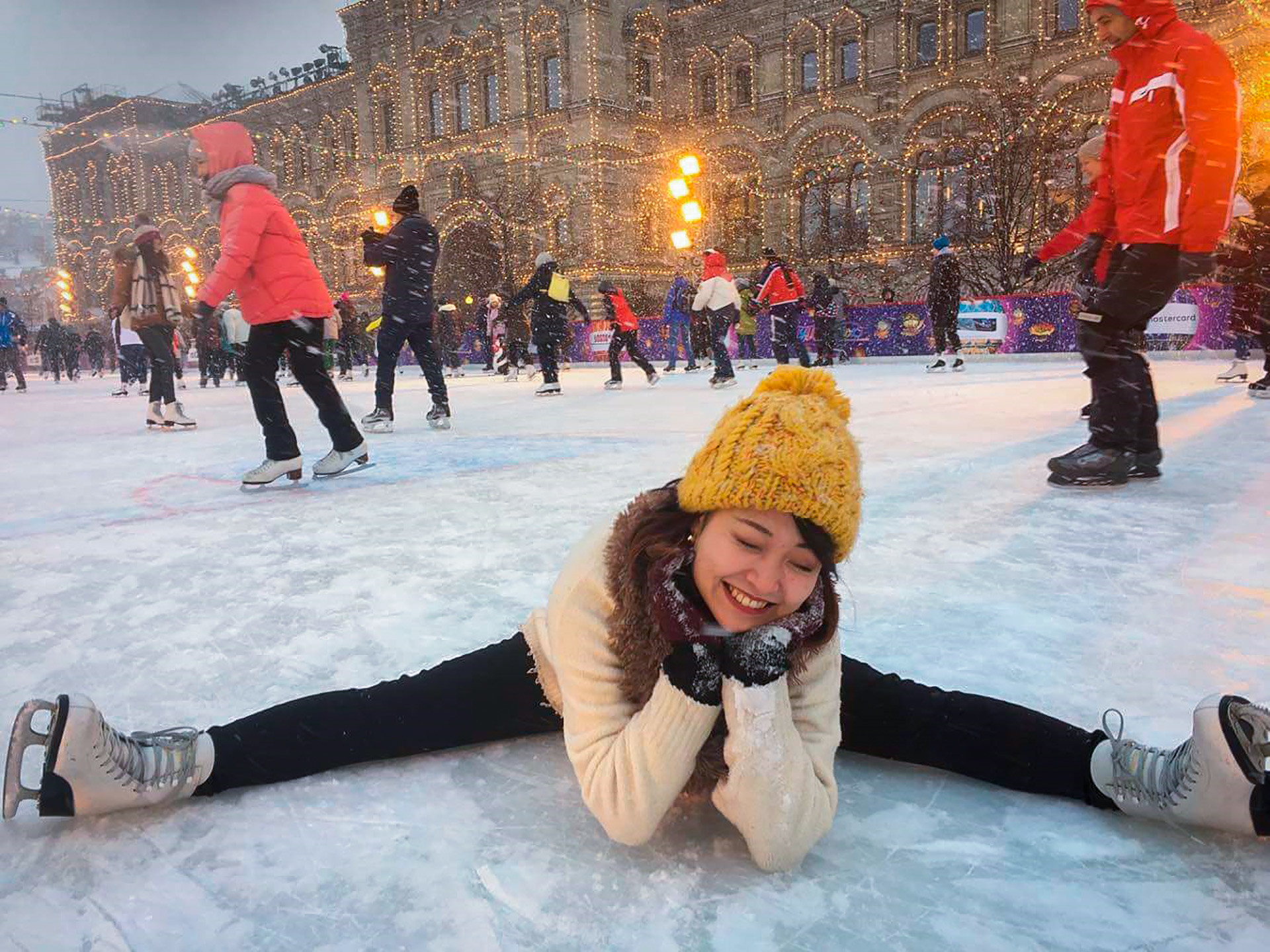
Frozen ponds turn into skating rinks and to make you feel a bit warmer, street kiosks sell mulled wine, the city becomes covered with glittering electric decorations. When it comes to spring, daytime becomes gradually longer, and in summer night breaks at around 3 a.m. and it’s light outside until around 10 p.m. At the end of the workday, you can often hear the phrase "shall we have some tea and a walk before going home?" The sunlight that pours into the room is so bright, in the morning you wake up in the boiling heat, and a little walk makes you sweat. Restaurants open terraces on the streets, where people chat and drink cold beer. In Japan, the time of sunset and sunrise deviates by only an hour or so in summer and winter. Having experienced this in Russia, I now appreciate and value the sunlight more than before.
Read more: How Russians changed my life:
If using any of Russia Beyond's content, partly or in full, always provide an active hyperlink to the original material.
Subscribe
to our newsletter!
Get the week's best stories straight to your inbox